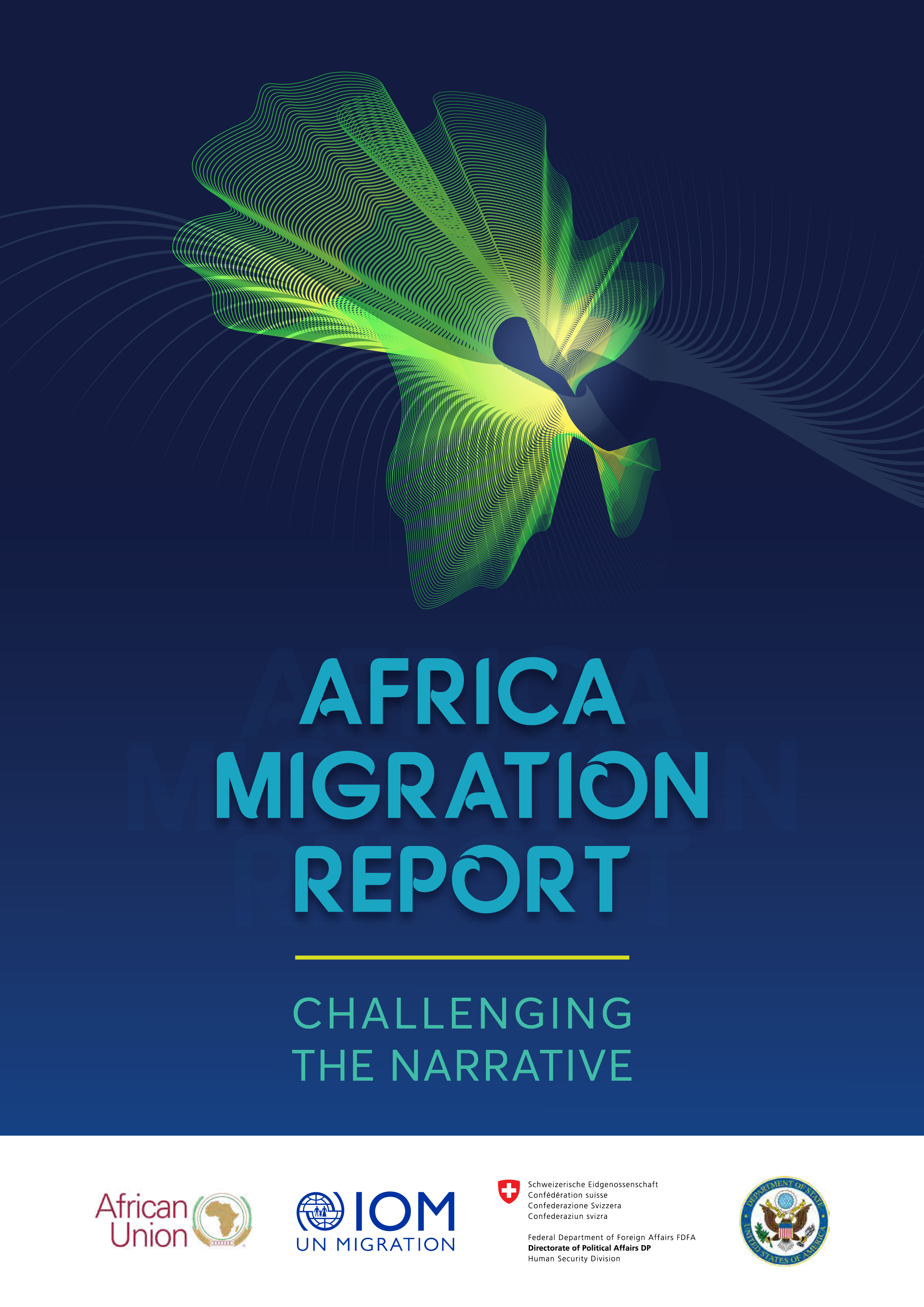- Home
- Books
- Africa Migration Report
- Chapter
Migration and security in Africa: Implications for the free movement of persons agenda

- Author: International Organization for Migration
- Main Title: Africa Migration Report , pp 145-153
- Publication Date: March 2022
- DOI: https://doi.org/10.18356/9789290688426c014
- Language: English
The chapter discusses the concept of the securitization of migration and how it impacts migration policies in Africa, and the impeding progress towards the continent’s free movement of persons’ agenda. There is, however, an acknowledgement of the fragility of Africa’s security environment with a wide array of ongoing and emerging threats including non-State threats. Militia factions and armed gangs are ubiquitous in the continent’s civil wars, fighting both for and against African governments. A nexus has also developed among organized criminal groups involved in transnational organized crimes, such as terrorism, kidnapping, human trafficking, smuggling of migrants and smuggling of arms and weapons. Similarly, porous borders, the absence of harmonized travel documents, lack of policy harmonization by member States and lack of capacity and appropriate infrastructure for border management are additional concerns for African member States. The securitization of migration is practically demonstrated through enhancing border controls, tightening visa policies and population profiling. Nevertheless, evidence on the prevailing narrative on links between migration and security remains largely anecdotal. The chapter asserts that no clear correlation between free movement of persons and increasing insecurity can be found, and therefore note that it is important to bring evidence on the linkages between migration and security in order to disprove an often misinformed public debate.
-
From This Site
/content/books/9789290688426c014dcterms_title,dcterms_subject,pub_keyword-contentType:Journal -contentType:Contributor -contentType:Concept -contentType:Institution105

